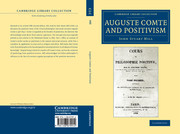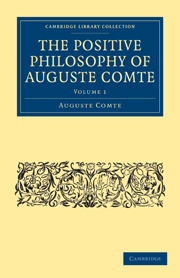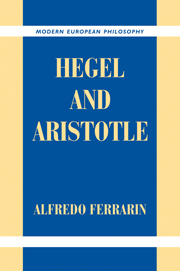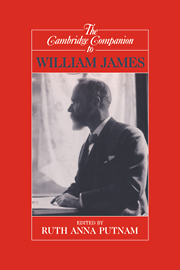Comte after Positivism
This book provides the only detailed, systematic reconsideration of the neglected nineteenth-century positivist Auguste Comte currently available. Apart from offering an accurate account of what Comte actually wrote, the book argues that Comte's positivism has never had greater contemporary relevance than now. Providing a lucid exposition of Comte and informed by considerable new scholarship on his work, this book will be valuable to philosophers, especially philosophers of science, a wide range of intellectual historians, and to historians of science and psychology.
- Important reassessment of Comte based on new scholarship at the time
- Shows relevance of Comte to contemporary philosophy
- Broad inter-disciplinary readership
Reviews & endorsements
"This is the first volume to give an accurate account of his [Comte] principle teachings as well as a reassessment of his philosophical position in the light of post-positivistic intellectual trends....Recommended." The Reader's Review
"Scharff's Comte After Positivism is a brilliant work of anamnesis; not a reproduction or a re-presentation of things past, nor an image of lost object, but rather a presentation of current philosophical amnesiacs acting out--but not always working through--scenes of their historical past....offers timely and insightful suggestions for a viable postanalytic philosophy." The European Legacy
"Comte After Positivism provides telling intellectual history, incisive diagnosis of our present philosophical impasse, and a coherent vision of what postpositivist philosophy could become." Laurence D. Smith, The Journal of Mind and Behaviour
Product details
October 1995Hardback
9780521474887
248 pages
229 × 152 × 17 mm
0.54kg
Available
Table of Contents
- Introduction: Comte for a post-positivist world
- Part I. Comte Then:
- 1. Mill versus Comte on 'interior observation'
- 2. Mill versus Comte as positivist philosophers of science
- 3. Comte's three-stage law
- Part II. Comte Now:
- 4. Comte's ambiguous legacy: science defended or already justified?
- 5. Cartesian ahistoricism and later epistemic analysis
- 6. Comte and the very idea of a post-positivist philosophy
- 7. Comte for tomorrow?







